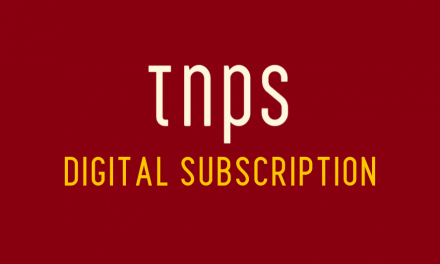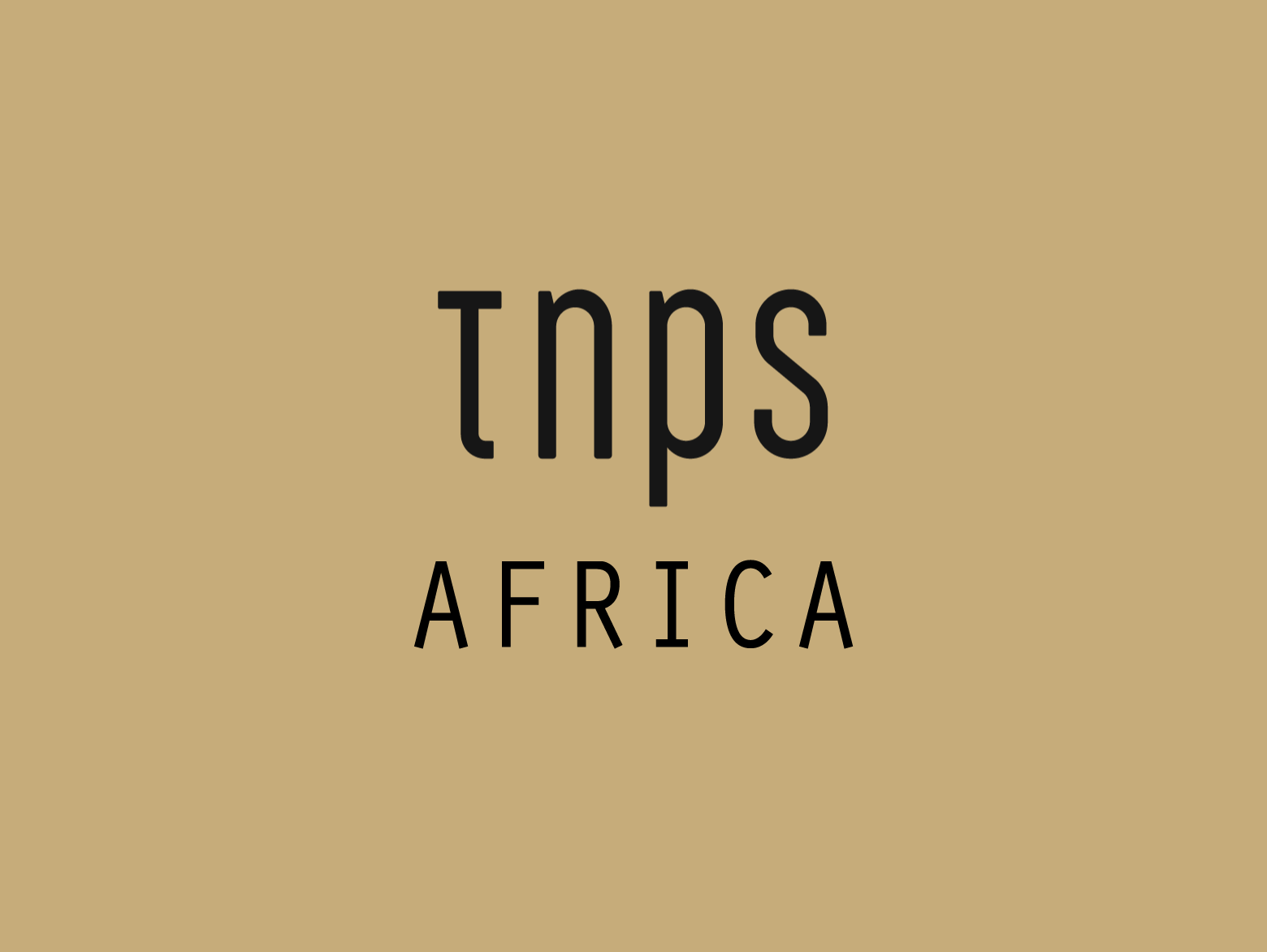With internet penetration at just 58% digital might seem like a no-hope option right now, but actually that 58% amounts to 96 million people online – more than any European country apart from Russia
Satkhira Book House is one of 280 bookstores in the Bangladeshi district of Satkhira on the southwest border with India. Thanks to school and college trade the bookstores used to manage, if not thrive. Then the coronavirus pandemic arrived.
Kaiyum Sarker of the Satkhira branch of the Bangladesh Publishers & Booksellers Association, talking to the Bangladesh journal The Business Standard, painted a bleak picture.
The book traders of the district have incurred more than BDT 10 crore ($1.2 million) losses in the business over the last five months.
Satkhira Book House, for example, has seen daily revenue drop from BDT 1 lakh ($1,180) to BDT 5,000-7,000 ($60-$80), explained store manager Pranesh Mondol.
As all the schools and colleges are closed now, only guidebooks on job recruitment tests, current affairs and Adarsha Lipi for children are being sold. We are now struggling to manage monthly expenses. It requires around BDT 80,000 ($945) every month for salaries of four employees, shop rent, electricity bill and others.
Jahangir Hossain, proprietor of rival store Boi Mela, reported losses of BDT 10 lakh ($11,800) over the past five months.
Schools and colleges were closed March 11, and as this post goes live the country has 285,000 registered cases and over 3,780 fatalities and it looks unlikely educational establishments will re-open this year.
For booksellers reliant on street store sales the outlook does not look good.
But what the OP does not explore, or even hint at, is the digital solution publishers and booksellers might want to embrace.
With internet penetration at just 58% digital might seem like a no-hope option right now, but actually that 58% amounts to 96 million people online – more than any European country apart from Russia.
Online bookstores are nothing new in Bangladesh, and ebook stores are slowly emerging in the Bangla-language arena – an interesting contrast to the usual pattern where English-language titles are accompanied by indigenous language content.
While Kindle and other western ereading devices are available, Bangla (Bengali) is not a supported language for Amazon KDP/KEP, Apple Books and Google Play Books are not options in Bangladesh, and Kobo is only accessible through its US-based international store.
But there are at least five Bangladesh-based ebook operations available: EB Solution Limited’s Boighor, Chorui.com’s Boighor, Raven Systems Limited’s Sheiboi, Boitoi, and MuthoBoi, which is the ebook arm of the country’s largest online book store, Rokomari.
At this stage there seems to be no clear indications or methodology to keep track of how digital is rising to the pandemic challenge, but from evidence pretty much everywhere else on the planet it’s likely Bangladesh is seeing the same story unfold as elsewhere.






Online bookstores are nothing new in Bangladesh, and ebook stores are slowly emerging in the Bangla-language arena right now.